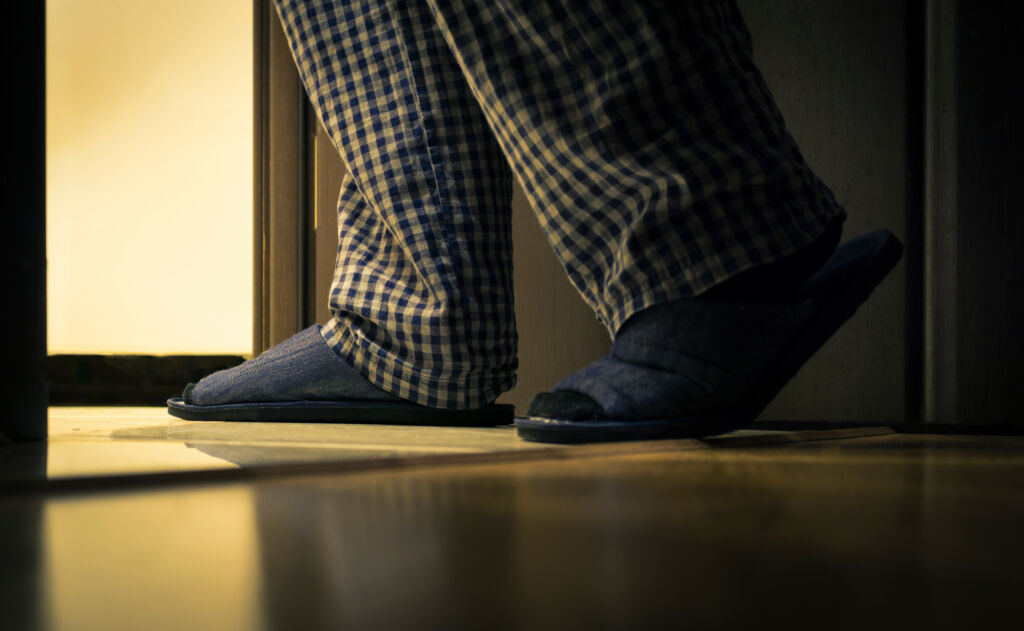
Are you a man over 50 who finds yourself hesitating to drink water before bed to avoid multiple trips to the bathroom during the night? Have you noticed changes in your urine stream, such as it becoming weaker, starting and stopping, or dribbling? These are common signs of aging in men, but they could also indicate benign prostate hyperplasia (BPH), a condition that should not be ignored, according to Dr. Michael Ward, a family and sports medicine physician at Advocate Health Care.
BPH, also known as an enlarged prostate, occurs in most men as they age. It occurs when the tissue surrounding the prostate gland thickens and obstructs the urethra’s ability to expel urine from the body, leading to difficulties with urination. In the early stages, some men may view BPH as a minor inconvenience. However, if left untreated, an enlarged prostate can result in urinary tract infections, kidney stones, kidney damage, and the inability to void urine, which may require surgical intervention. Fortunately, having an enlarged prostate does not necessarily increase the risk of developing prostate cancer.
Although the exact cause of BPH is not fully understood, some researchers suggest that hormonal changes in men, similar to those experienced by women during menopause, may play a role. In addition to aging, men with a family history of an enlarged prostate, diabetes, heart issues, and obesity are at a higher risk of developing BPH. To diagnose BPH, a physical examination, as well as urine and blood tests, may be necessary.
If diagnosed with BPH, there are various treatment options available to manage symptoms, including medications, dietary changes, and minimally invasive surgical procedures. Dr. Ward recommends working with your primary care physician to create a treatment plan tailored to your age, prostate size, and overall health.
Interested in learning more about your diabetes risk? Take a free online quiz.

